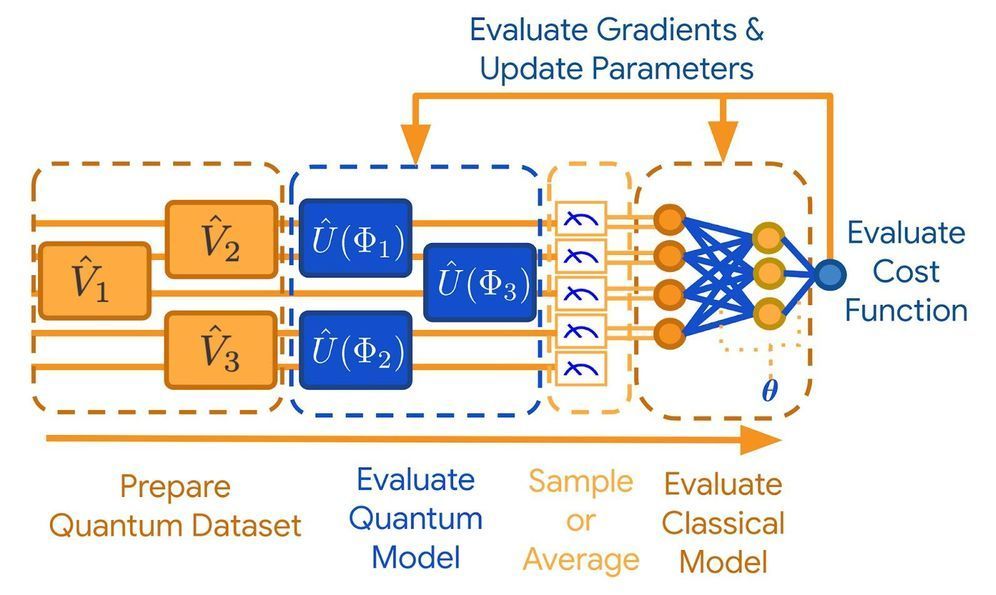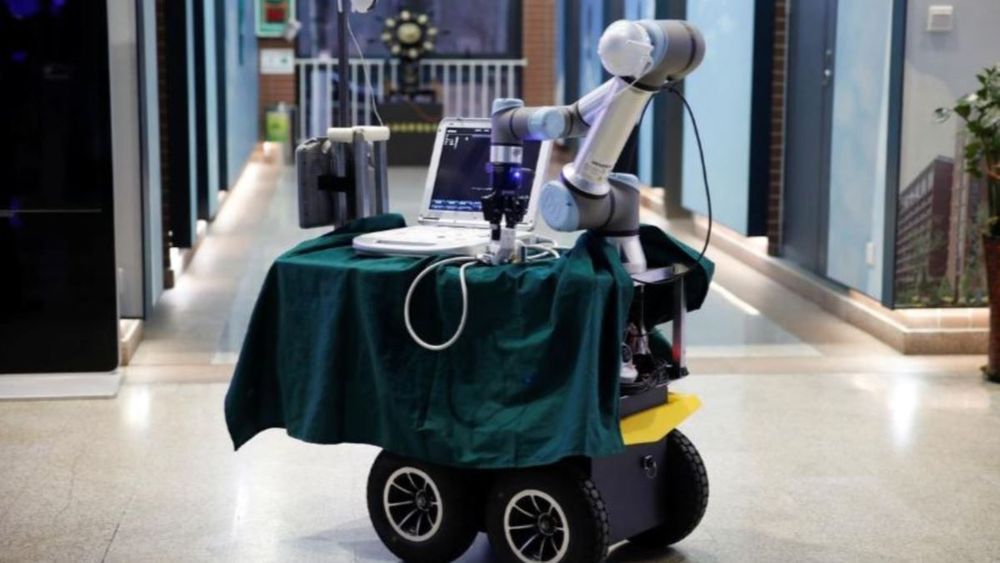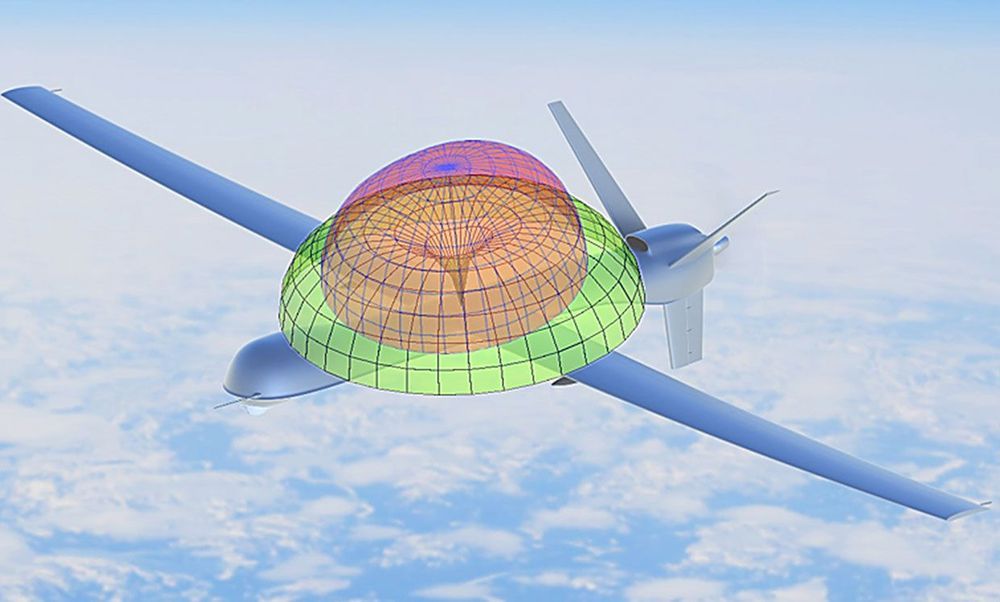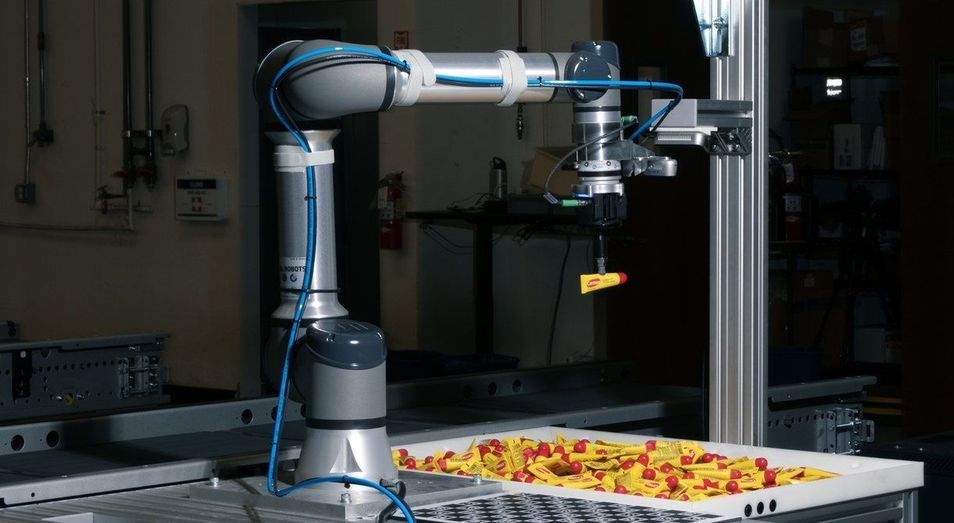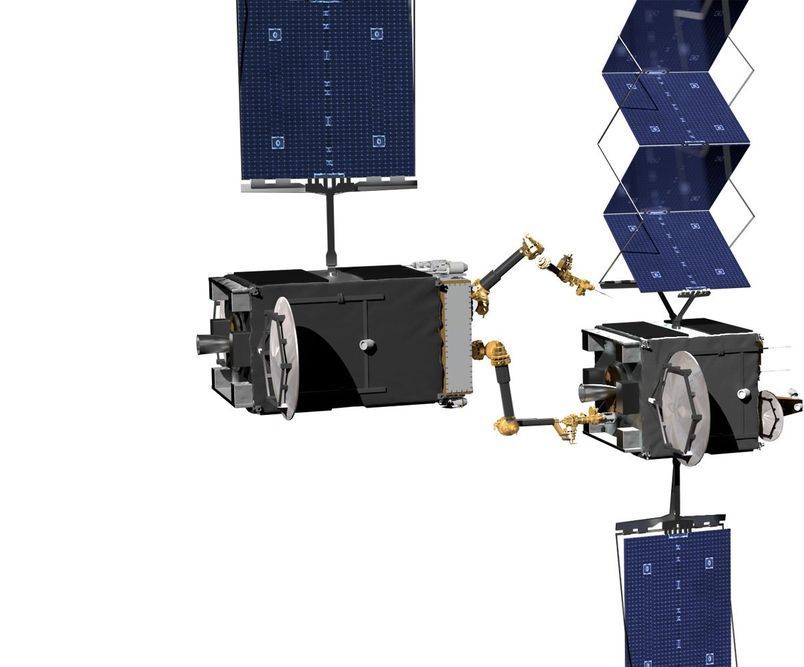Google announced Monday that it is making available an open-source library for quantum machine-learning applications.
TensorFlow Quantum, a free library of applications, is an add-on to the widely-used TensorFlow toolkit, which has helped to bring the world of machine learning to developers across the globe.
“We hope this framework provides the necessary tools for the quantum computing and machine learning research communities to explore models of both natural and artificial quantum systems, and ultimately discover new quantum algorithms which could potentially yield a quantum advantage,” a report posted by members of Google’s X unit on the AI Blog states.
